Top Skills You Need to Become a QA Engineer in 2025
Want to become a QA Engineer?
Let’s talk about the skills that actually matter.
If you’re aiming to break into tech as a Manual Tester, QA Automation Engineer, or SDET, mastering the right skills is your first step to landing a high-paying job.

Why QA Skills Matter
QA is no longer “just clicking buttons.” It’s a strategic, technical, and detail-driven job that requires a mix of soft skills and hard skills.
Whether you’re testing manually or writing automated tests, these are the top skills that make you stand out — and get hired fast.
Whether you’re testing manually or writing automated tests, these are the top skills that make you stand out — and get hired fast.
Top 8 Skills for QA Engineers
1. Analytical Thinking
Great QA engineers break systems — on purpose. You’ll need to analyze user behavior, detect edge cases, and predict where things can go wrong. This skill helps you write better test cases and uncover hidden bugs.
2. Attention to Detail
One small bug can break the entire user flow. QA professionals are trained to notice what others miss — layout shifts, broken logic, API mismatches, or even missing error messages.
3. Communication Skills
Testing is teamwork. You need to write clear bug reports, explain complex issues to developers, and even push back when something isn’t working. Great communication is key — especially when you’re remote.
4. Technical Literacy
Even in manual testing, understanding basic programming logic (like if/else, loops, APIs) gives you a huge advantage. And when you move into automation, coding becomes essential.
At Codemify, we teach JavaScript from scratch — so even non-tech people can automate tests confidently.
5. Testing Methodologies
You’ll learn the difference between:
We teach all these through real practice, not just theory.
6. Automation Frameworks
To scale testing, companies need automation. QA Engineers should learn tools like:
7. CI/CD & DevOps Awareness
Modern QA includes testing in pipelines. You’ll use tools like:
8. Documentation & Reporting
You’ll write:
Great QA engineers break systems — on purpose. You’ll need to analyze user behavior, detect edge cases, and predict where things can go wrong. This skill helps you write better test cases and uncover hidden bugs.
2. Attention to Detail
One small bug can break the entire user flow. QA professionals are trained to notice what others miss — layout shifts, broken logic, API mismatches, or even missing error messages.
3. Communication Skills
Testing is teamwork. You need to write clear bug reports, explain complex issues to developers, and even push back when something isn’t working. Great communication is key — especially when you’re remote.
4. Technical Literacy
Even in manual testing, understanding basic programming logic (like if/else, loops, APIs) gives you a huge advantage. And when you move into automation, coding becomes essential.
At Codemify, we teach JavaScript from scratch — so even non-tech people can automate tests confidently.
5. Testing Methodologies
You’ll learn the difference between:
- Manual Testing
- Functional & Regression Testing
- Black Box vs. White Box Testing
- Exploratory Testing
We teach all these through real practice, not just theory.
6. Automation Frameworks
To scale testing, companies need automation. QA Engineers should learn tools like:
- Playwright (Codemify’s #1 recommended tool)
- Cypress
- Selenium
- WebdriverIO
7. CI/CD & DevOps Awareness
Modern QA includes testing in pipelines. You’ll use tools like:
- GitHub Actions
- Jenkins
- Docker
8. Documentation & Reporting
You’ll write:
- Test plans
- Test cases
- Bug reports
- QA summaries for stakeholders
Bonus: Skills That Help You Grow Fast

- Curiosity — Always ask "what if?"
- Adaptability — Tech changes fast. Stay flexible.
- Empathy — Understand the user perspective.
- Ownership — Don’t wait for instructions. Own your test area.
Learn All These Skills at Codemify
We built our QA Bootcamp for beginners — no experience required. You’ll learn everything above, step by step, with:
- Real project experience
- Code review sessions
- Interview simulation
- Personal career mentorship
- U.S. startup internship options
Apply to the Codemify Bootcamp — and start building your future now.
Let’s make tech simple — and profitable — for you.
See you in class,
— Sergii
Founder of Codemify
Follow us on YouTube | Join the Bootcamp
Let’s make tech simple — and profitable — for you.
See you in class,
— Sergii
Founder of Codemify
Follow us on YouTube | Join the Bootcamp



